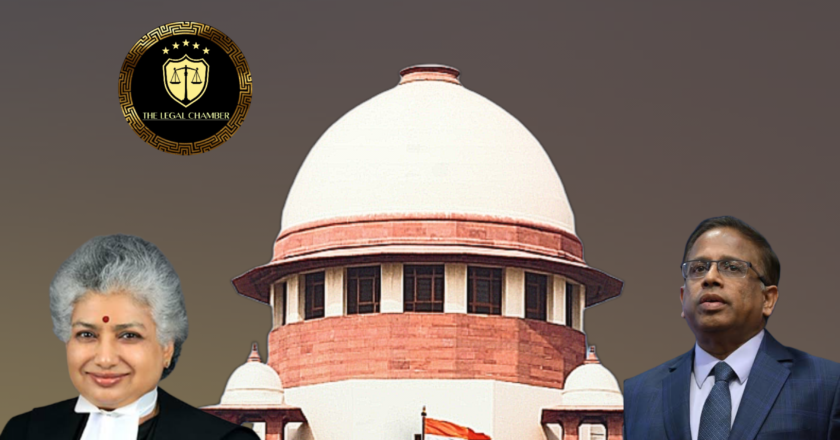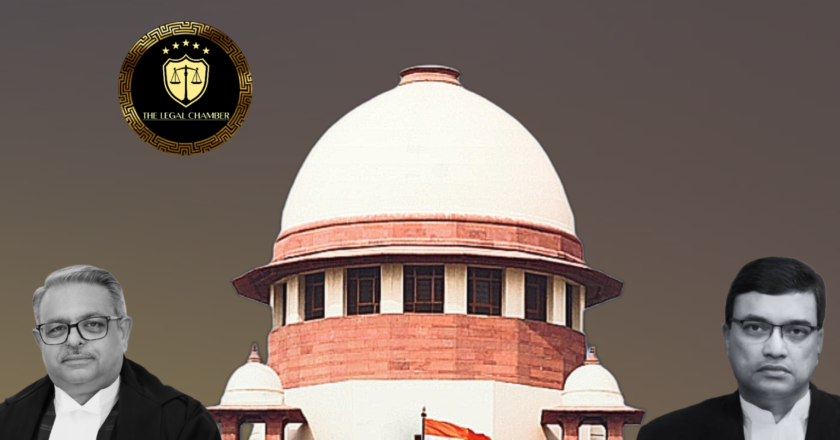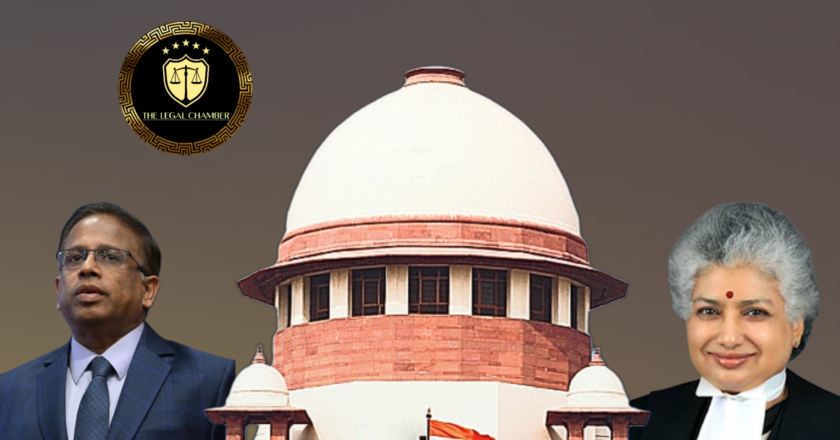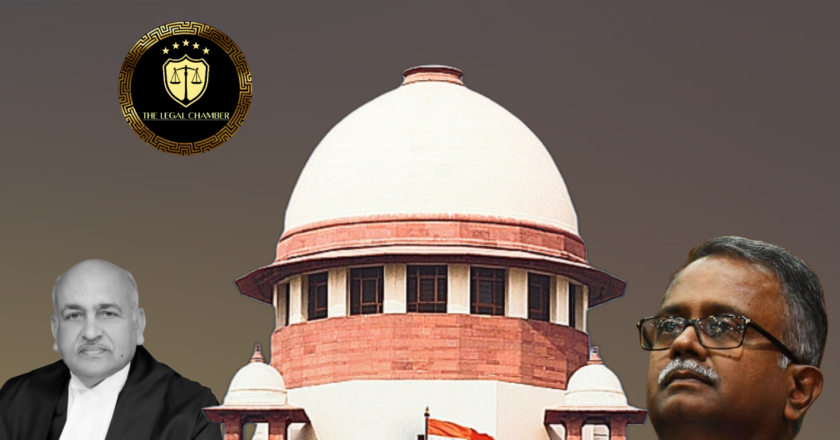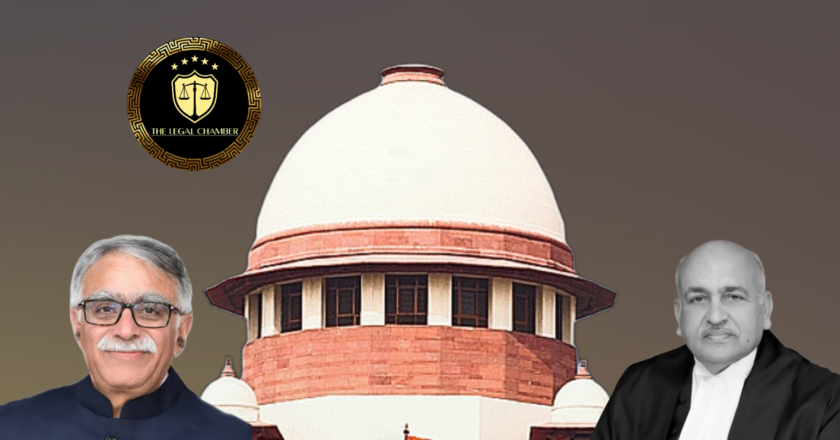No Endless Cases: Supreme Court Uses Special Power to End Dowry Case After Couple Divorced
The Supreme Court quashed criminal proceedings under Sections 498A/34 IPC and Sections 3/4 of the Dowry Prohibition Act against the father-in-law, invoking Article 142 of the Constitution. The Court held that continuing prosecution after divorce and in the absence of specific, timely allegations amounted to an abuse of the process of law.
Facts Of The Case:
The marriage between the complainant (Respondent No. 2) and the appellant’s son was solemnized in December 2017. By May 2019, marital discord arose, leading the wife to leave the matrimonial home and allege mental and physical cruelty. Both parties attended police-led counselling sessions, which resulted in an agreement to remarry through Hindu rites. However, the wife soon left again and, in July 2019, filed an FIR alleging that her ...
